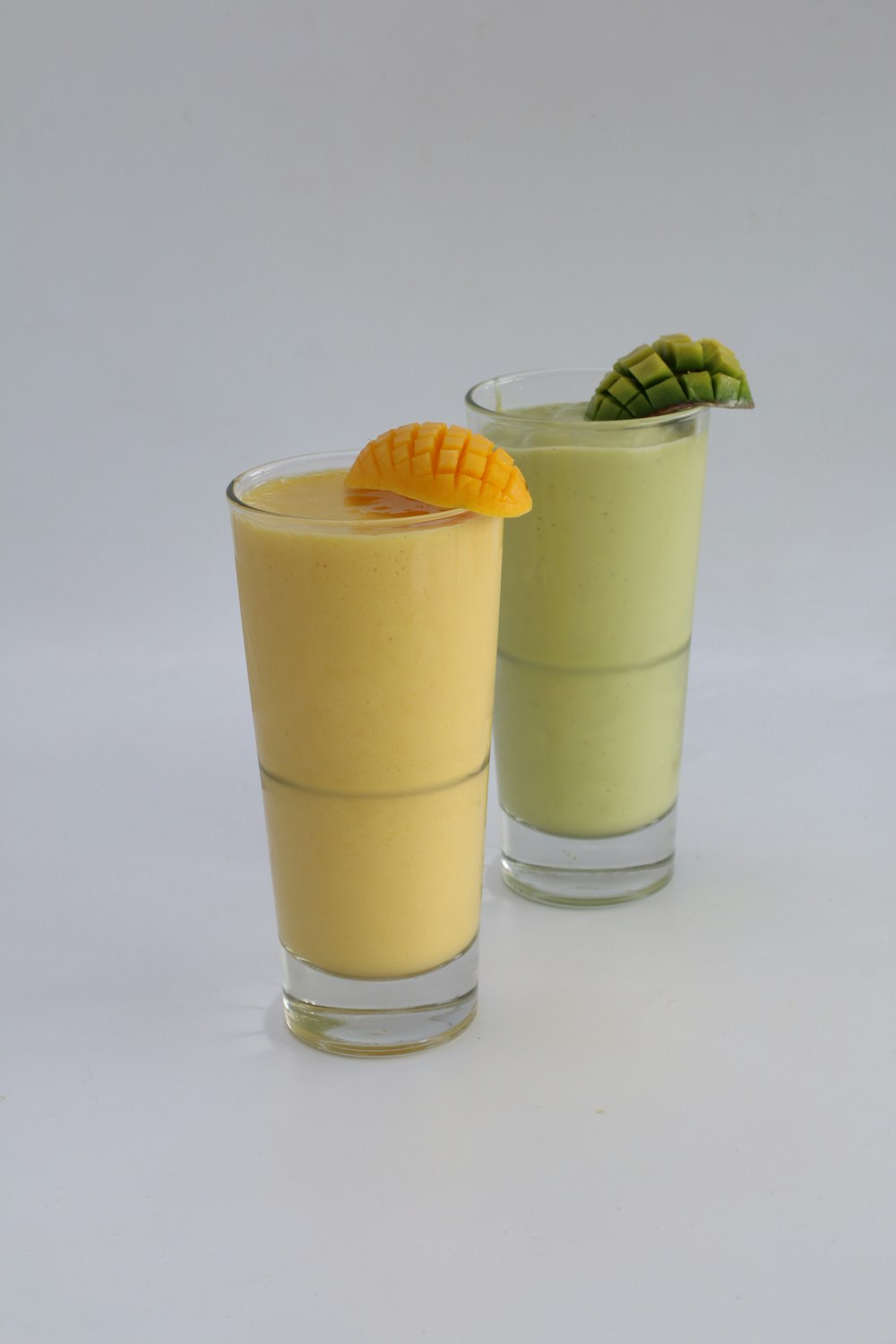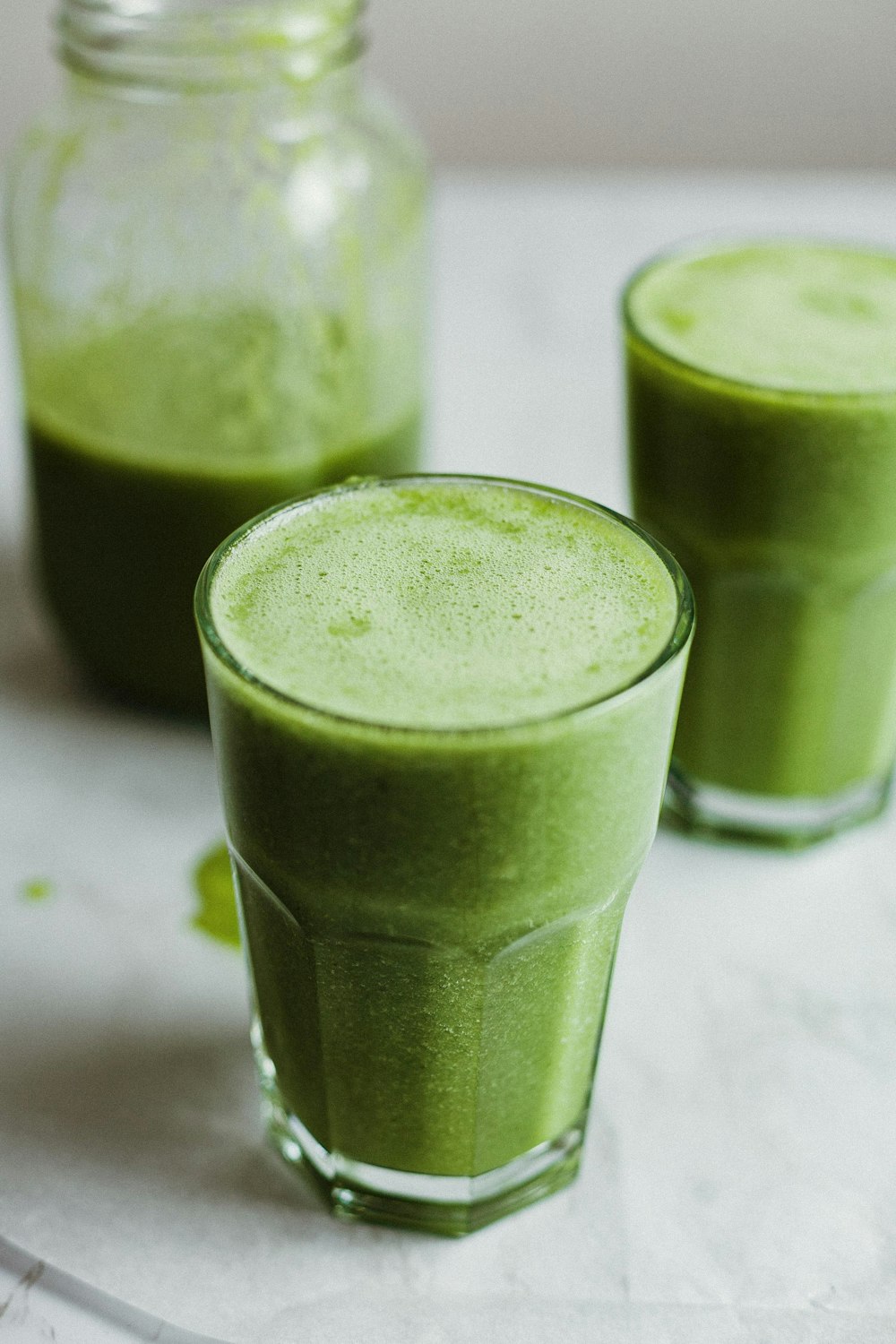Calories consumed You should therefore refrain from using artificial sweeteners. It is worth noting that a considerable number of beverages lack fiber, a widely recognized satiety factor. They will not provide the same level of satiety as foods high in fiber, so you will regain your hunger more quickly and consume more calories overall.
In other words, you can easily and quickly consume more calories than necessary if you fail to closely monitor the calorie content of your beverages. Starting today, it is simple to integrate a diverse range of low-calorie beverages that offer health advantages into one’s dietary regimen. The following twelve beverages are endorsed by the RD and may aid in weight loss.
1. Water

Isn’t that somewhat repetitive? Not in that hurry! Water consumption is critical for weight loss. Additionally, maintaining adequate hydration is vital for weight loss and overall health. Water is essential for all bodily functions, including metabolism, circulation, energy production, and digestion.
A 2019 systematic review investigated the relationship between water intake and weight loss through an examination of multiple studies. Weight loss was found to be significantly correlated with increased water intake by all participants.
Additionally, you may have heard that appetite and thirst signals are easily confused, which is accurate. If you feel hungry but are genuinely thirsty, consume a full glass of water prior to eating so that you can more precisely assess your appetite.
2. Green Tea

Catechins, which are antioxidants found in green tea, promote fat metabolism. To lose weight, however, requires a caloric deficit; therefore, beverages containing catechin cannot substantially increase your metabolic rate.
A 2019 study found that green tea extract is associated with a reduced body fat percentage, weight, and BMI.
3. Smoothies

Smoothies are an excellent option for weight loss when prepared correctly; however, they must be sufficiently filling to serve as a substitute for a meal or snack. Fruits and sugars will not maintain your satiety for as long as substantial foods do, so avoid consuming them in excess.
To incorporate protein, fiber, unsaturated fat, vitamins, and minerals into smoothies: Comprise a minimum of 20 grams of protein (obtained from protein powder or plain 0% Greek yogurt), one to two servings of fruit (e.g., berries and bananas), a handful of spinach or an alternative green, and one serving of unsaturated fat (consisting of chia seeds, one to two level tablespoons of nut butter, or fourteen avocados).
4. Herbal Tea
Individuals enjoy botanical teas during the middle of the day for a non-caffeinated respite and a touch of flavor.
5. Green Juice

In contrast to whole vegetables, which contain fiber, green juice is deficient in vitamins, minerals, and antioxidants. Because of this, exercising discernment regarding the liquids one ingests is of utmost significance. Vegetables or a single fruit, such as an apple, should comprise the entirety of the green beverage you select. Overly fruity foods can be extremely high in calories and sugar, and may even stimulate a desire for additional sweets in the future.
6. Coffee

Coffee and tea that contain an excessive quantity of sugar, cream, or milk become problematically high in calories. Flavored frappuccinos and lattes are options to consider. There is absolutely no issue with consuming coffee with cream, sugar, or milk. An alternative to sugar that is derived from plants, such as monk fruit or stevia, which do not cause an increase in blood sugar levels. Consume no more than a moderate quantity of milk or cream.
7. Apple Cider Vinegar Drinks

An increasing number of individuals prefer to supplement their daily beverages with apple cider vinegar (ACV) or consume bottled varieties, which are now more readily available in supermarkets. ACV is associated with numerous health benefits, including weight management assistance and blood sugar regulation by increasing satiety. Probiotics, which are advantageous to the immune system and gastrointestinal tract, are also present in raw, unfiltered ACV (the kind in which the “mother” appears murky in the bottle).
that calorie restriction and apple cider vinegar are effective methods for suppressing the appetite of overweight or obese individuals.
It is essential to note, nevertheless, that the amount of apple cider vinegar (ACV) utilized is critical. Research has indicated that a daily consumption of two tablespoons of ACV is required for the benefits to be realized. However, the apple cider content of these beverages is difficult to ascertain; even if they do, one tablespoon per day would be sufficient to achieve the desired effects.
| Homepage | Click Here |
| Homemade Drinks That Burn Fat While Sleeping | Click Here |

